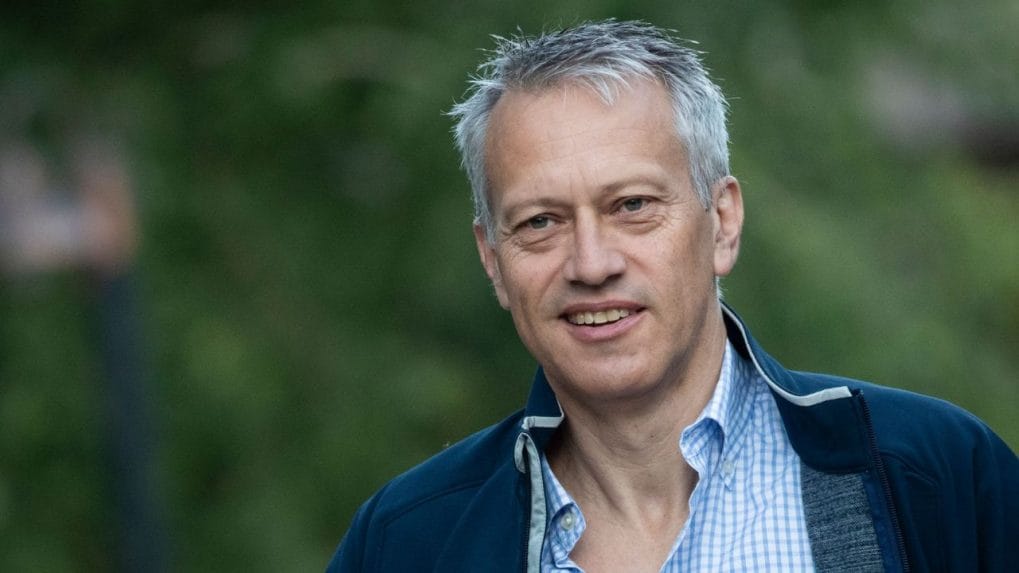How it Works
WPP, Havas, Omnicom: Are advertising’s biggest holdcos recasting agencies as AI Operating Systems?

James Quincey, CEO of Coca-Cola, highlighted AI's limitations in replicating realistic human faces for advertising at the Adobe Summit. Despite AI's efficiency in producing content, Quincey noted its struggle with rendering human resolution, a crucial aspect for connecting with audiences.
This observation followed Coca-Cola's AI-driven Christmas commercial, which received mixed reviews due to perceived AI-generated imperfections. Quincey acknowledged that while AI streamlines ad creation, it currently falls short of capturing the nuances of human expression. "Humans are incredibly effective at noticing AI that is not actually a human," he stated.
Coca-Cola's early adoption of AI stemmed from a fear of being left behind. Quincey admitted the company initially lacked clear strategies for generative AI, but embraced it to avoid stagnation. "We said, look, that's where the world's going. Let's get on and let's understand because being big tends to make us slow," he explained.
Looking forward, Quincey anticipates a breakthrough in AI's ability to create realistic human faces, which, combined with cost-effective production, will revolutionize marketing. However, he cautioned against over-reliance on AI-generated ads, warning that excessive consumer targeting could lead to annoyance.
Balancing global and local campaigns remains a challenge for Coca-Cola. Quincey emphasized the importance of maintaining brand relevance across diverse markets. "I would prioritize elements that are relevant around the world. Sharing a Coke with a meal, for example, is a universal idea but the food can be different and local," he said.
He also stressed the need for personalization, recognizing that "customers want to be the center of their own story." This customer-centric approach extends beyond digital platforms to physical experiences.
Coca-Cola's innovation strategy involves strategic brand pruning and experimental campaigns. Quincey, acting as "chief agitator," reduced the company's brand portfolio from 400 to 200. He also highlighted the use of attention-grabbing campaigns, such as the Oreo and Coke flavor, to maintain brand visibility.
Quincey emphasized that Coca-Cola's challenge lies not in generating ideas, but in selecting the most viable ones. With 33 million physical outlets and 2.2 billion daily servings, strategic decision-making is crucial for sustained success.
From purpose-driven work and narrative-rich brand films to AI-enabled ideas and creator-led collaborations, the awards reflect the full spectrum of modern creativity.
Read MoreThe Storyboard18 Awards for Creativity have unveiled a Grand Jury comprising some of India’s most influential leaders across advertising, business, policy and culture, positioning it among the country’s most prestigious creative award platforms.